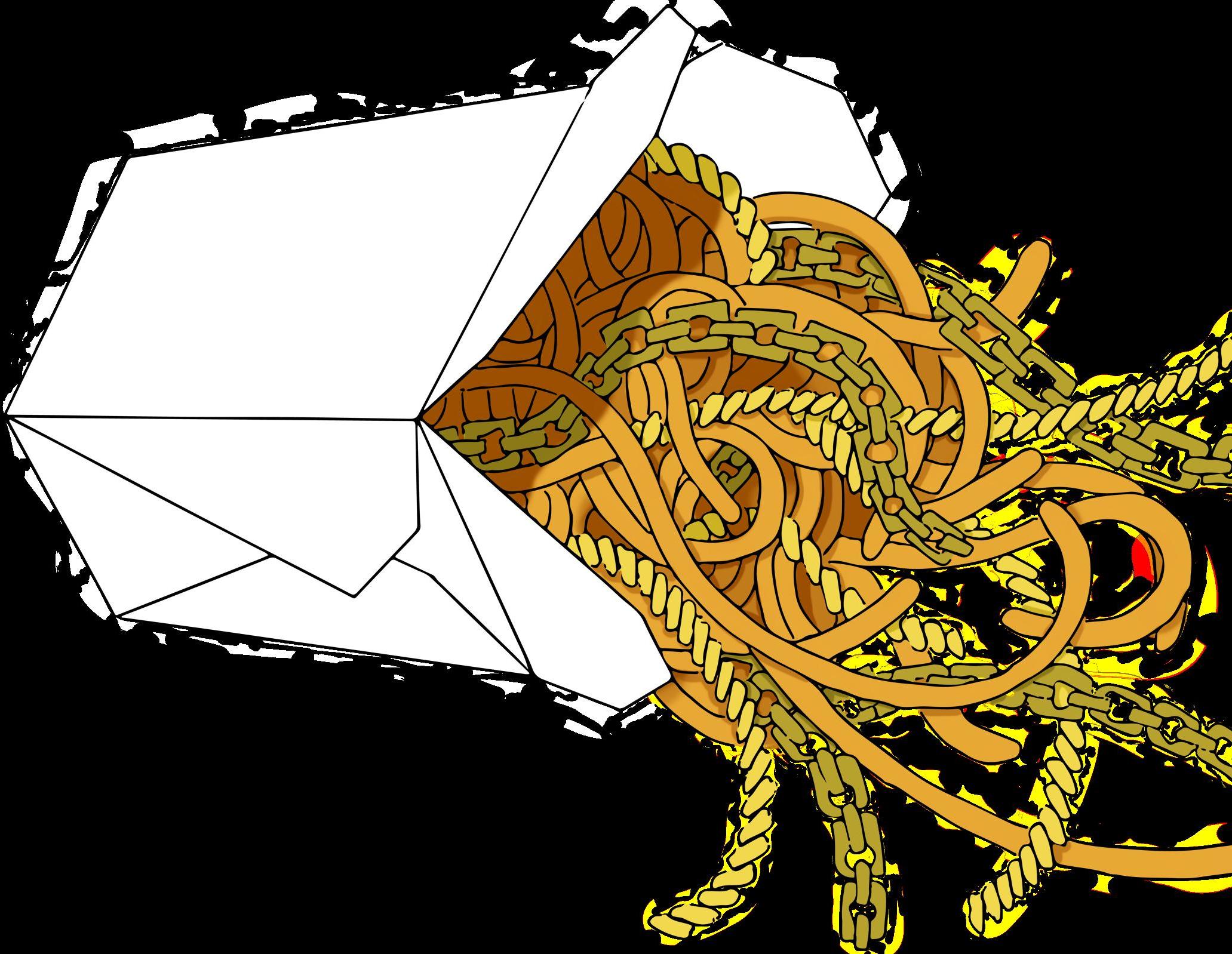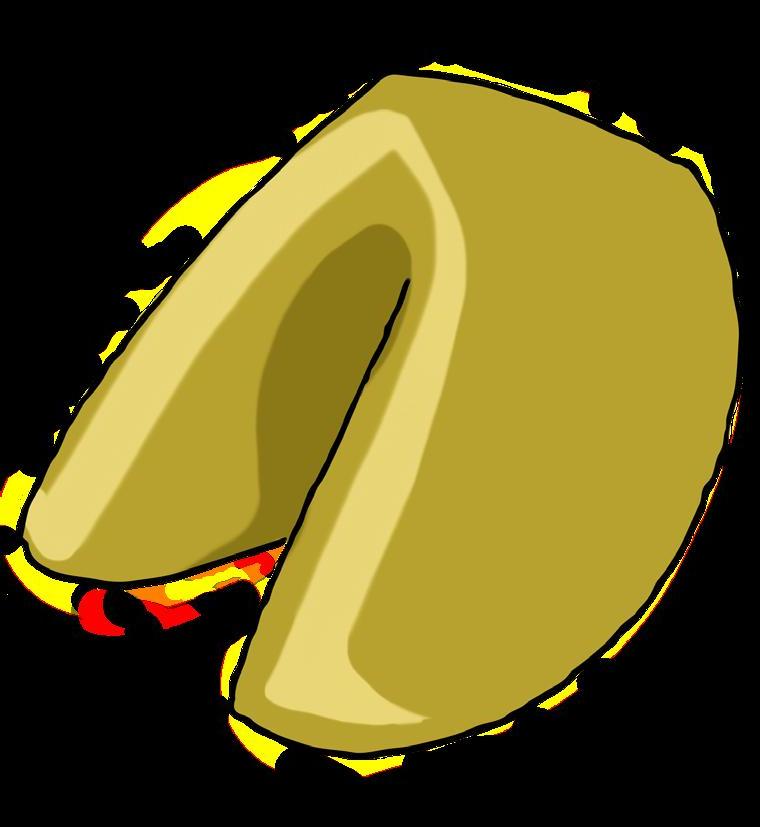
7 minute read
On Board the Panda Express
than ever from bridging that gap. I used to think Chinese American meant being both Chinese and American. But now, I feel that Chinese is just an adjective to describe American.
Written by Johnson Lin Edited by Alexander Nguyen Designed by Ceci Villaseñor
Advertisement

Two and a half years ago, I wrote a final essay relating my Chinese American identity to Chinese takeout cuisine. A shortened version was adapted for Portrait’s first issue, titled “You Are What You Eat.” In the essay, I talk about the history of Chinese takeout cuisine, how the food changed to meet American standards, resulting in a food that is neither Chinese nor American, and how we as Chinese Americans similarly fall in that grey area. When I was writing that essay, I felt confident in my identity—although I felt that I was in between Chinese and American, I felt that I was closer than ever to bridging that gap. I had been studying Chinese for the past 6 years and I’d had so many meaningful conversations with my mom, aunts, uncles, and grandparents. I was set to study abroad at Peking University in Beijing and it was going to solidify my Chinese language skills even further, which is what I felt was the last thing missing for me to bridge that gap. I was going to be both Chinese and American.
I am now a senior, back at Vassar College, a full year after spending five months in China. And I feel farther When I look back, it feels very apparent that I was naive to think that language is the only barrier that is stopping me from being Chinese. American and Chinese cultures are just extremely different.
While I was there, I had friends who were locals and I realized that besides the difficulty of having meaningful conversations in a second language, we were just fundamentally different. We grew up watching different TV shows. We listen to different music. We have different ideals and morals. While I enjoyed the friends I made there, it was unmistakable that I was different from them.
Even on a language level, it was clear that I was an outsider. My Chinese is obviously not perfect, but it took extended conversations for locals to realize I didn’t quite speak the same way. I’m more than happy with my level of Chinese at this point. But the biggest difference that never occurred to me was that to them I’m just American. There is no word for Chinese American in Mandarin. There is a word for Chinese diaspora. But to them, I’m just American. My parents are Chinese, but I’m American. In fairness, I was born in America. I was raised in America. I browse American sites and consume American media. I am American.
But at the same time, they don’t even recognize how hard I’ve tried to be like them and be Chinese.


Each time, I get the same hand-wavey compliment that sounds something like “Wow, your Chinese is really good!” or even “You talk like a native!” that I would get at all points of my language learning career so I know they don’t mean it. And then I get asked about what it’s like to be American.
“Do you own a gun?” “So Trump’s your president…” “I heard you can drive before you can drink. Is that true?”
The worst is when your own family doesn’t recognize your efforts.

Growing up, I visited China often because my dad was deported when I was in 1st grade. I didn’t speak Chinese. I was treated, rightfully so, like a small American boy. They fed me burgers, soda, and fried chicken. They would order fried rice for me. They’d have me try some more traditional dishes, but a small American boy was going to choose greasy, oily delicious fatty food over it every time. And that was okay. This time was going to be different, I told myself. They were going to recognize that I speak Chinese now. That I understand our culture better now. That I love to eat our food now. That I’m like them.
So when I spent Chinese New Year’s with them, I expected to be eating every meal with them. I expected to be eating delicious Chinese food. I expected to even eat some family recipes and traditions that belong solely to us. But, my dad took me to Burger King on the fourth or fifth day of the week-long celebration. He told me he was really craving Burger King and he’s the one driving, so who am I to say no? I oblige and we eat burgers in the car, out of fear for COVID. Afterwards, we head


He tells them that we got burgers beforehand since today is the day we normally eat vegetarian food and he thinks I won’t want to eat that. He tells the rest of my family that we went to go eat burgers for my sake. That I wouldn’t have been able to eat a vegetarian Chinese meal. My father for some unbeknownst reason was, at least in his head, trying to protect me. The message was clear. I’m still a small American boy.
When I wrote my essay two and a half years ago, I related myself to General Tso’s Chicken. I claimed that my identity was tied to these small family owned Chinese takeout restaurants. The same kind of takeout restaurants all of my aunts and uncles owned when I was growing up where every time my family visited (which was often) they would make me, a small American boy, my favorite dish, General Tso’s Chicken. Because of this personal soft spot, I think I really wanted to be like General Tso’s Chicken. But a recent headline has helped me realize that my analogy isn’t quite correct—“Largest US Chinese Restaurant Chain Panda Express Enters China.”
I’ve never liked Panda Express. While I’m past my days of being purist about Chinese food, I find Panda Express to be overpriced and generally just worse than your local mom and pop Chinese takeout restaurant. As a Vassar student, this of course may also be tied to my hatred for capitalism and corporations in general. Regardless, Panda Express almost never crosses my mind. But when I saw that headline, I thought about it a lot because I was very interested in seeing if Panda Express would thrive in China or not. After a conversation with my girlfriend, I realized something funny.
Chinese take out food is essentially Chinese food packaged a little nicer for Americans. It’s sweeter. The meat to veggie ratio is much higher. They removed a lot of the spiciness. There’s no particularly strange ingredients to it. While it lost some of its culture, it successfully assimilated into American culture. Panda Express (and similar chains) is Chinese take out but packaged even nicer for Americans. They’re no longer dinky little mom and pop shops. They’re clean to the point where it feels almost sterile. Everything is standardized. There’s no longer a thirteen year old sitting behind the cash register doing homework. You have a significantly higher chance of interacting with employees who speak decent English. With more than 2,000 restaurants open across America, it has more than successfully assimilated into American culture.
All of this is to say that I, a child of immigrant parents from Fuzhou, China, am not equivalent to Chinese takeout restaurants, even though I grew up with it. But that’s precisely why I’m not. My parents, like Chinese take out restaurants, had to learn to assimilate and adapt to American culture. And I am a product of that. I, like many second generation Asian Americans, am the “success story.” So when I think about Panda Express breaking into the Chinese markets, I wonder a lot about what the locals will think and how it will be received. But what I’m most curious about is how Panda Express will brand itself. How will Panda Express be marketed? Will it be known as Chinese American food? Or will it be just American?

Note: A few days after this essay was written, the Panda Express CEO stated that they had no plans to enter China and that the store that was reportedly opened is someone impersonating the brand.










